Javaad Alipoor is a Northern English Iranian artist, writer, and artistic director of The Javaad Alipoor Company, which is based in Manchester, United Kingdom. After his career as a youth worker, he came into theatre via the Asian Theatre School, which was a part of Madani Younis’s Freedom Studios in Bradford, Yorkshire. Here, he met successful political artists of color. These formative experiences led him to realize that he could have a place in a poor and popular theatre. Recent works include The Believers Are but Brothers, Rich Kids: A History of the Shopping Malls in Tehran, and Made of Mannheim. His company regularly collaborates with artists like Chris Thorpe and Kirsty Housley at an international level.
verity healey: You had all these experiences with political theatremakers of color early in your career, which is interesting as a lot of theatre makers I know have historically experienced a snobby attitude to political theatre from their university peers. Why do you do political theatre?
Javaad Alipoor: Well, theatre has a natural way of allowing you to do political stuff in a way that isn’t didactic. There’s a ton of didactic political theatre, but there’s something potent about audience complicity, a form of narrative, and the nature of artifice. If the thing you’re talking about and the way you’re talking about it sit at a funny angle, you can write and produce political theatre without it being didactic.
So my general political view as a theatremaker has become much more about being a part of a resistance, rather than thinking that I am an insurgent and that history is on my side.
And I think it’s quite fashionable to be political now, actually, although people chop that up in different ways. I got into theatre in the final years of the Gordon Brown administration, and there was something in the air in Bradford. Bradford’s got this weird theatre history from the sixties onwards, and Theatre in the Mill came out of Bradford’s engineering university. Out of that milieu came several agitprop companies and, according to Bradford legend, the Gay Sweatshop Theatre Company. Bradford has these flowerings up, and it was quite a special time that Madani Younis built up with Freedom Studios.
verity: How do you see your role as a theatremaker changing, especially since Brexit?
Javaad: My political views have changed since Brexit and over the last few years. If you go back ten years, I would have said that the American empire was crumbling, that European social forums were showing something really interesting, and that the Eurocentric parties were moving to the right and leaving a space to the left where something exciting could come up. I wasn’t a cookie-cutter Marxist, but I believed in a revolutionary politics in which the movement to abolish the present order of things was in the offing. I believed the people to deliver this change would be working-class people in the Global North and Global South. But I think that the wind is blowing in the other direction.
So my general political view as a theatremaker has become much more about being a part of a resistance, rather than thinking that I am an insurgent and that history is on my side. I think that means kicking against easy answers, standing against the degradation of the general level of public thought, resisting the attacks of the insurgent right on both post-war human rights and the social gains of the sixties, seventies, and eighties. Finally, I think it means calling out the way the liberal establishment is all too willing to crumble and give ground to majoritarian, reactionary ideas and politics.

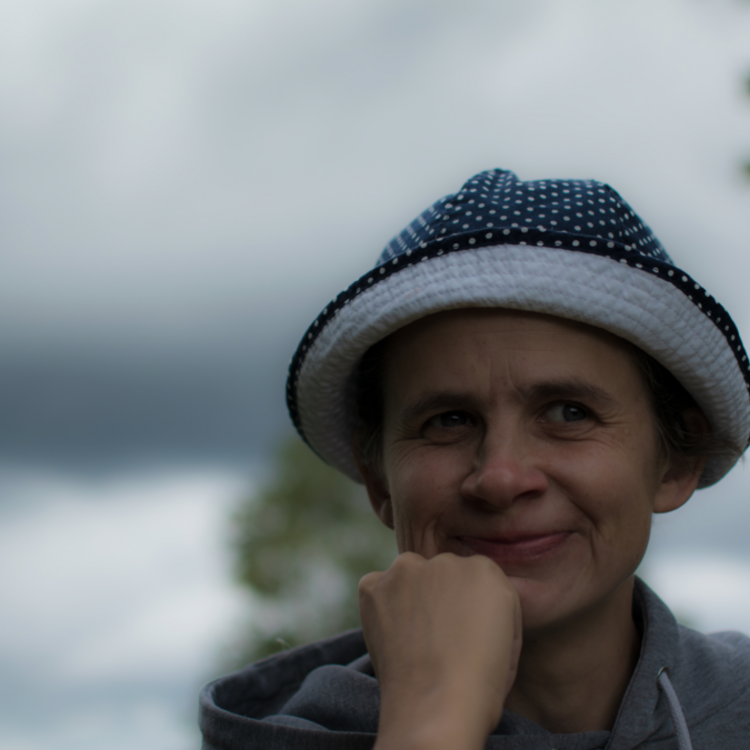

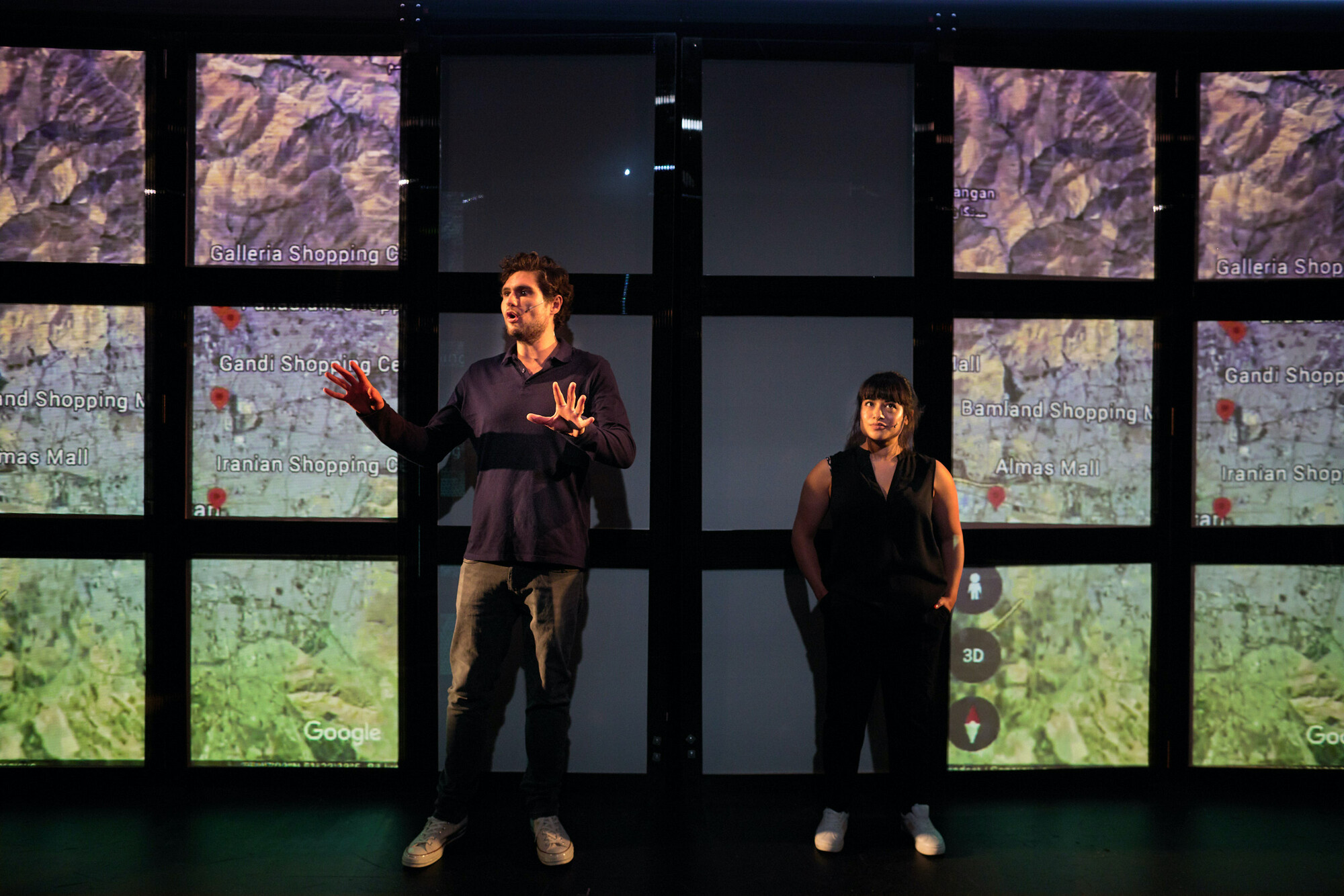
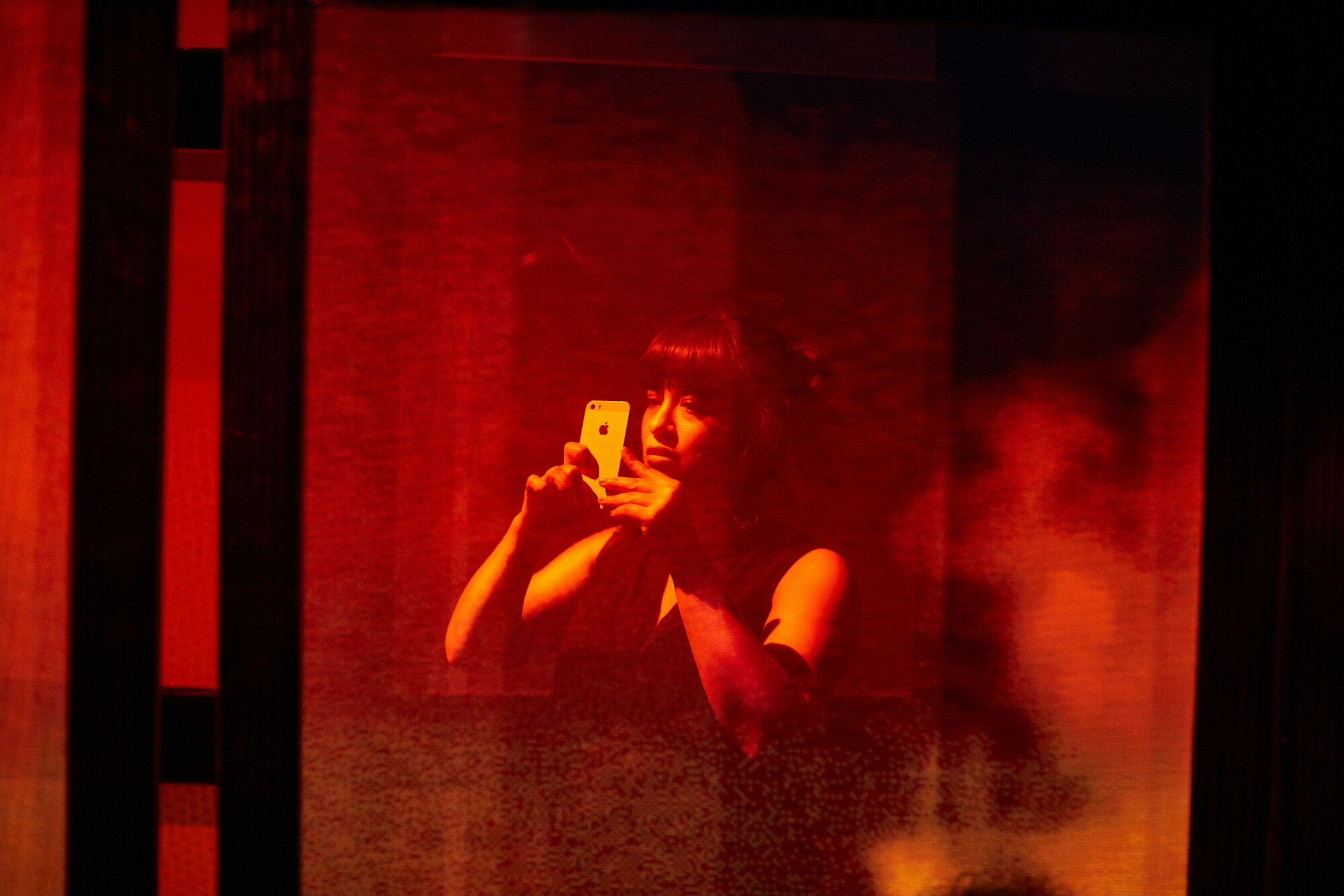
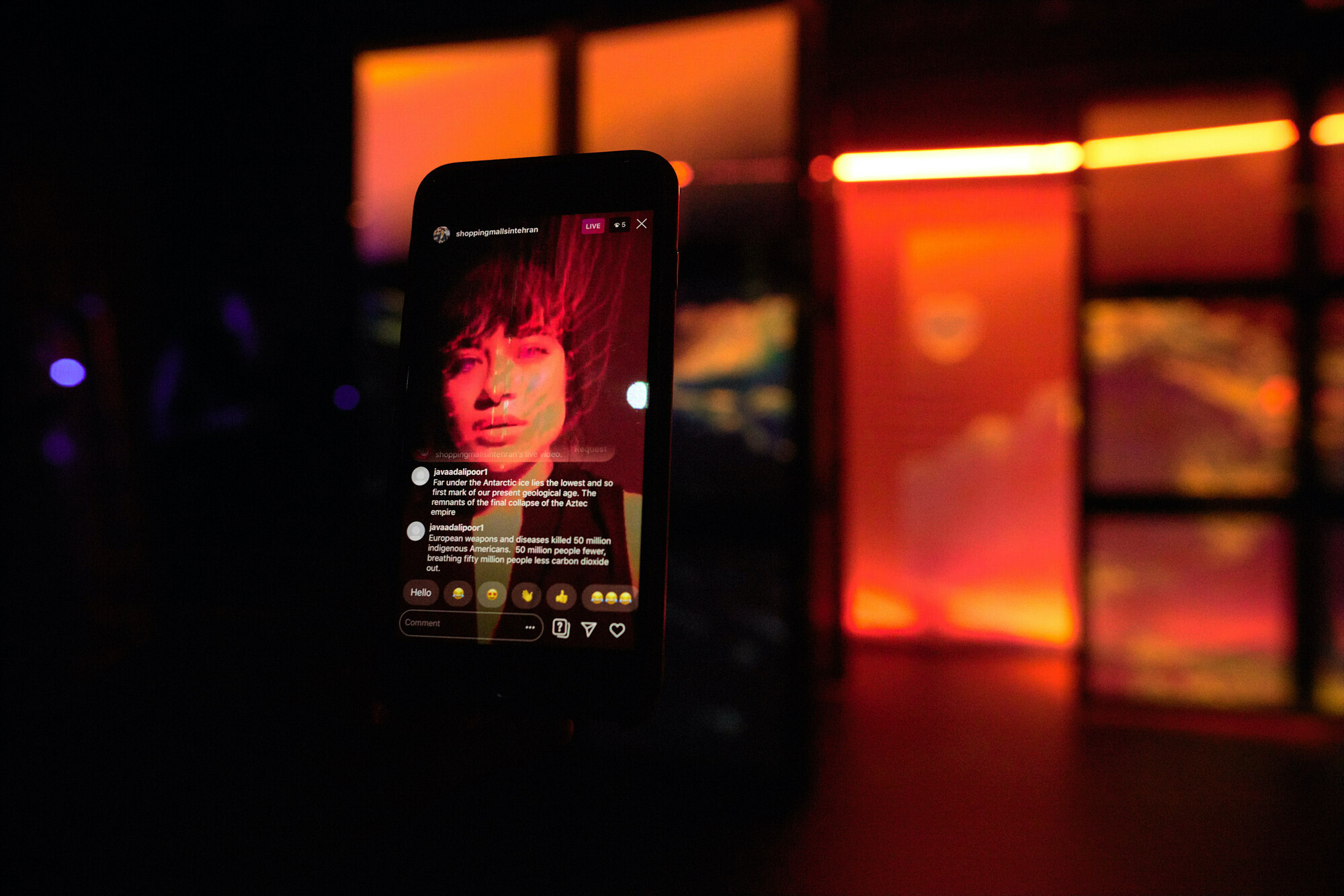
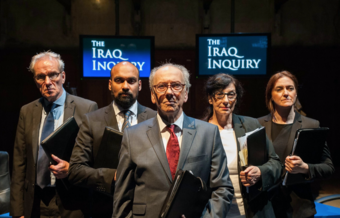



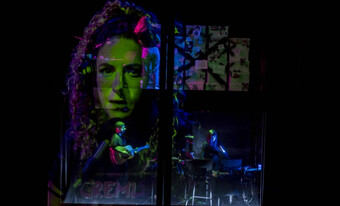

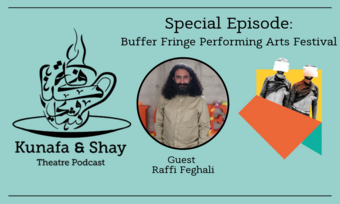



Comments
The article is just the start of the conversation—we want to know what you think about this subject, too! HowlRound is a space for knowledge-sharing, and we welcome spirited, thoughtful, and on-topic dialogue. Find our full comments policy here